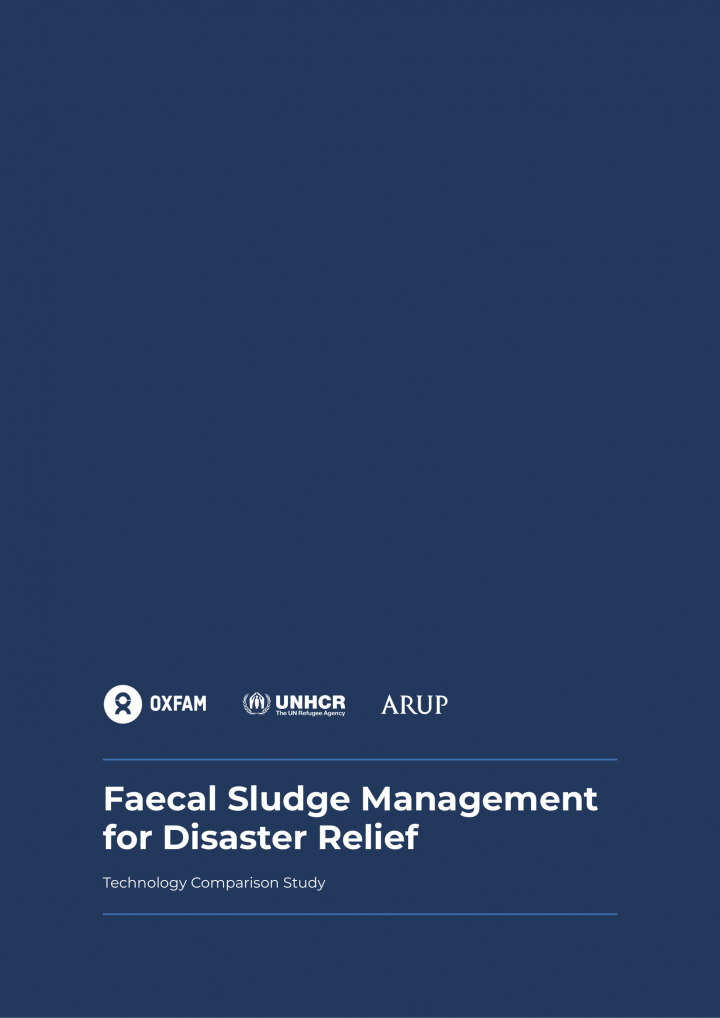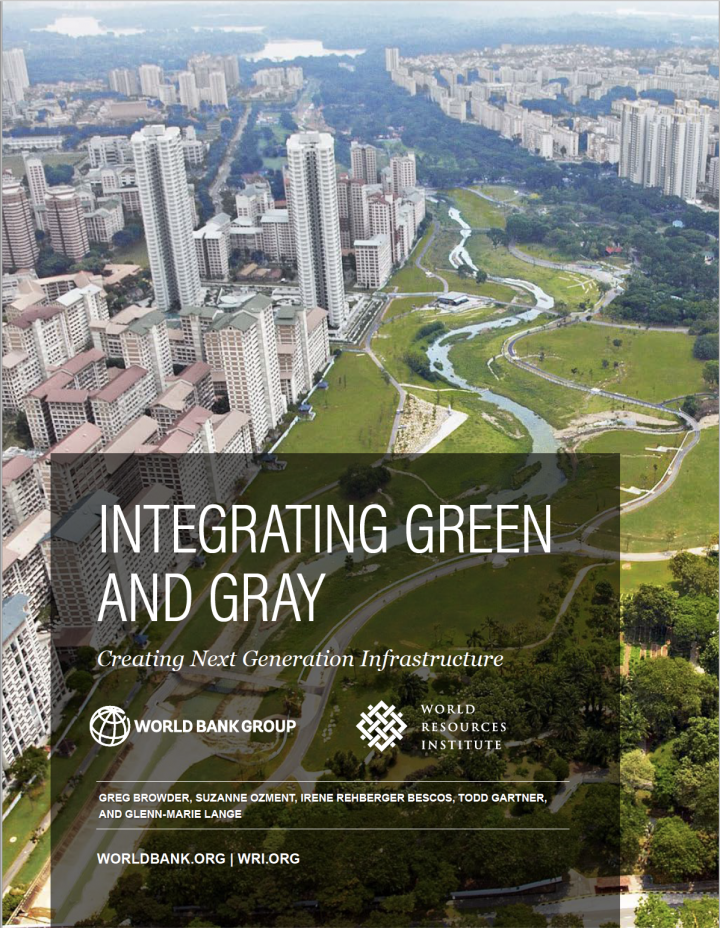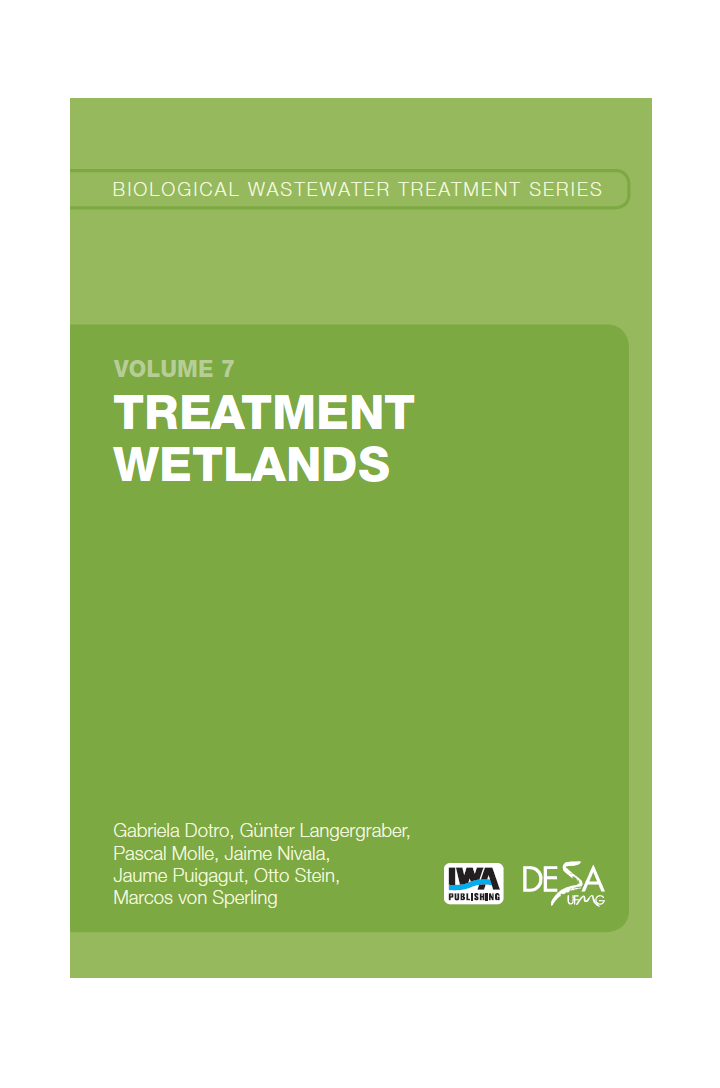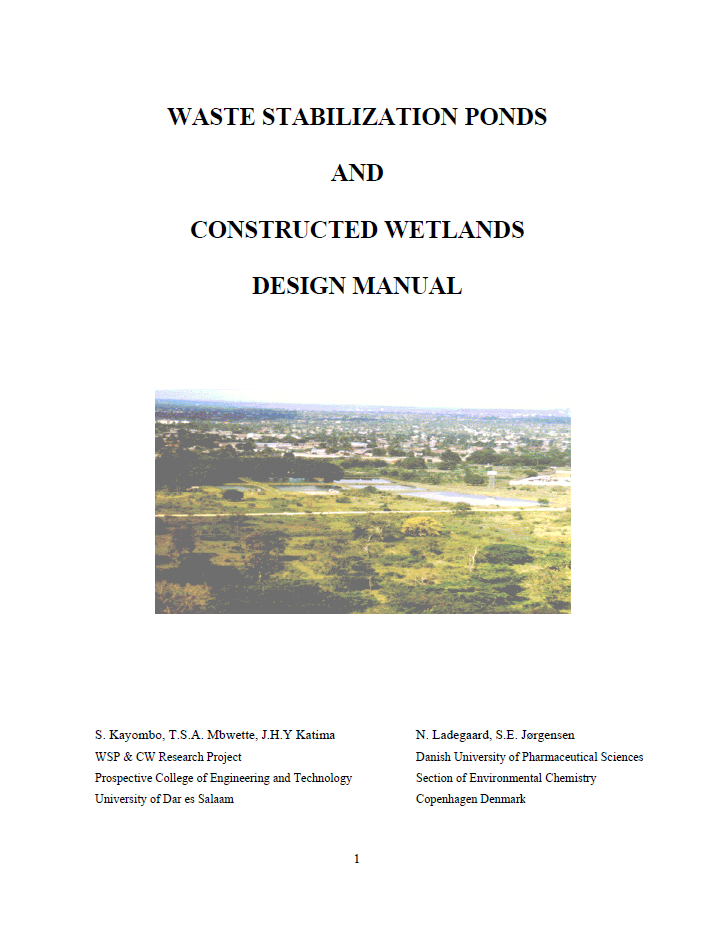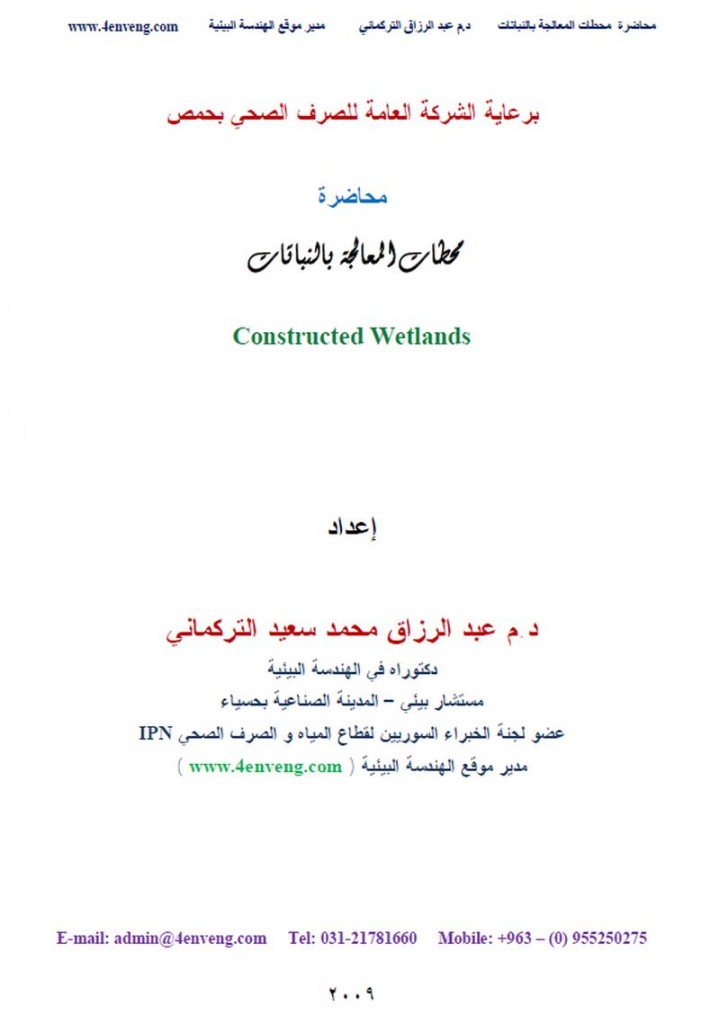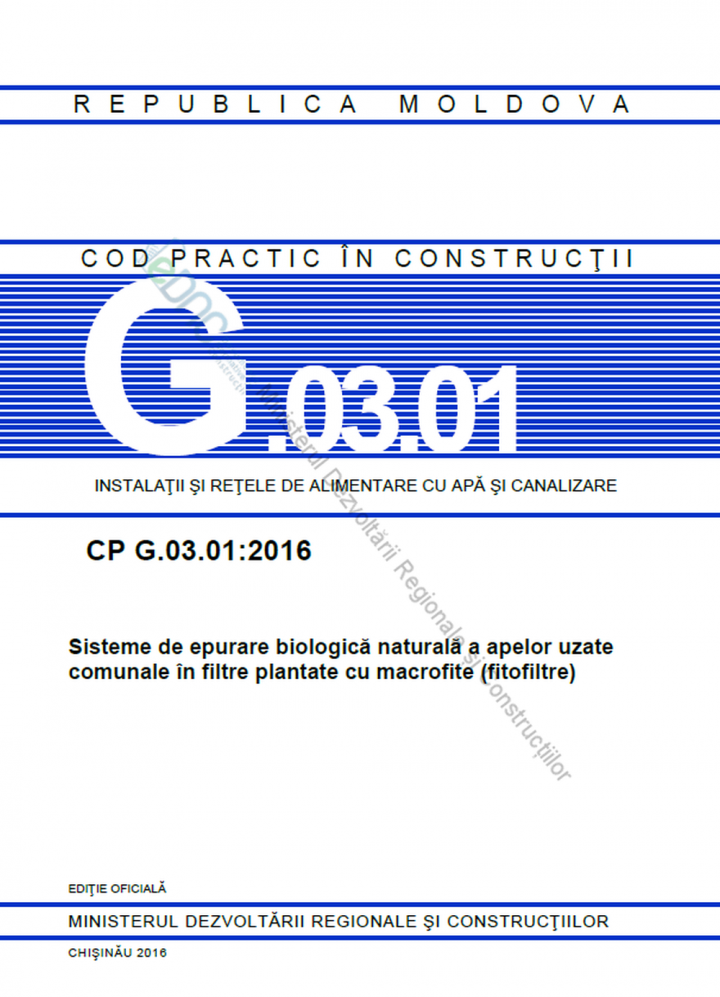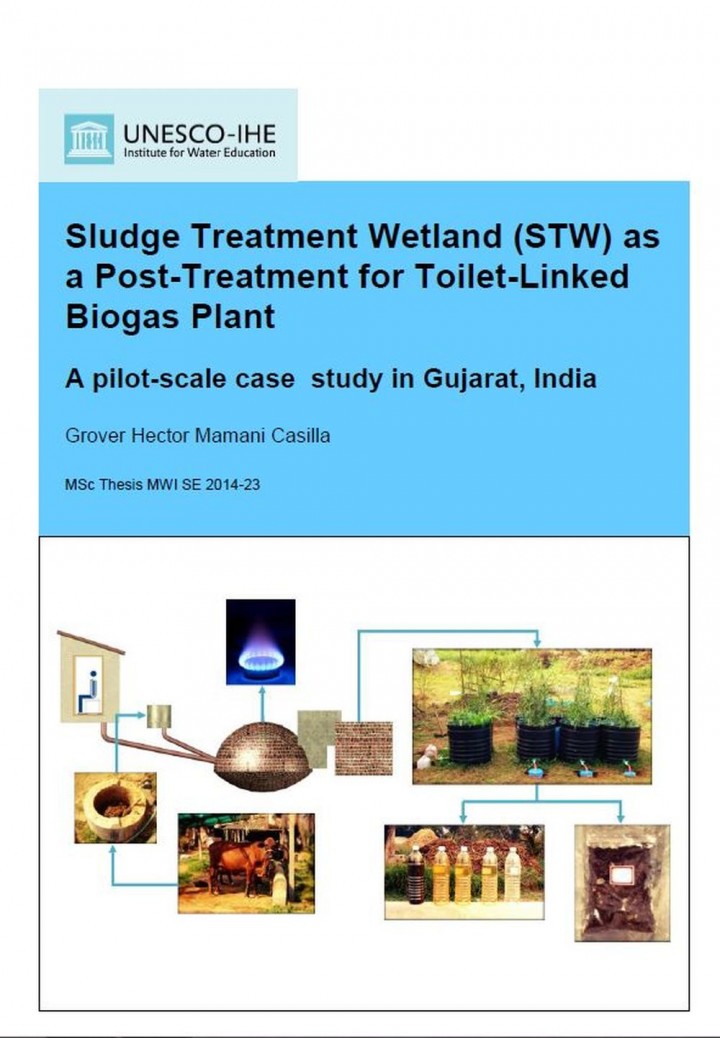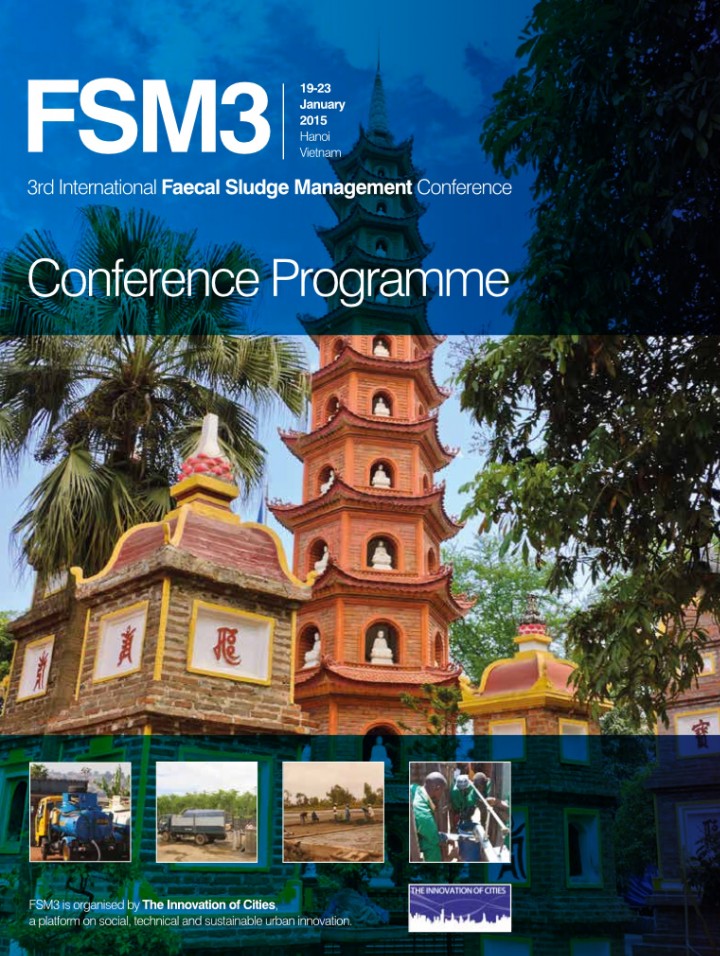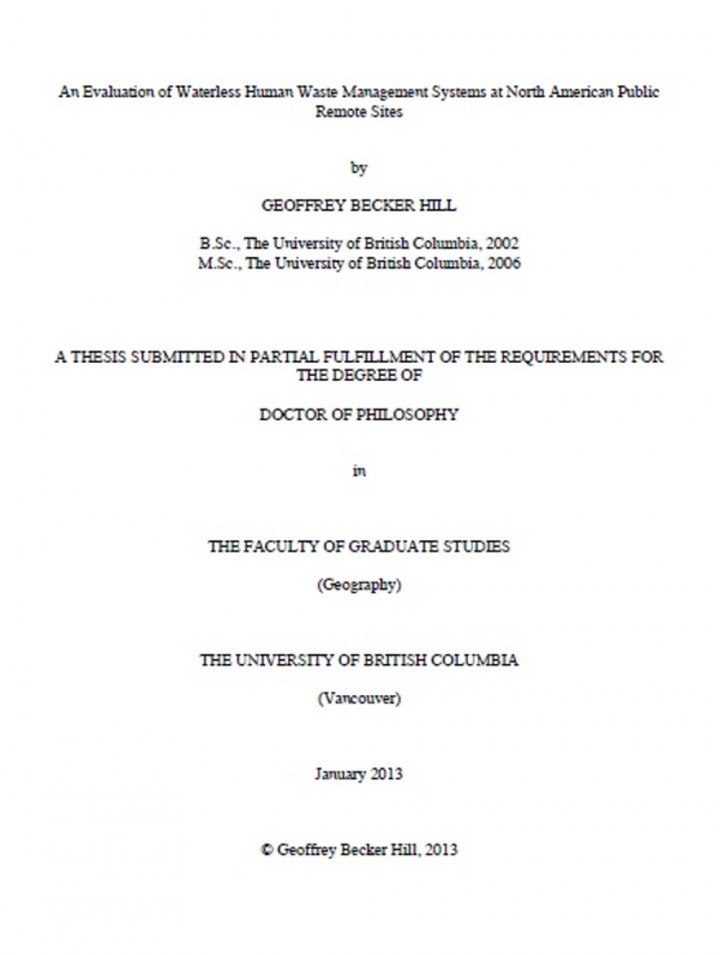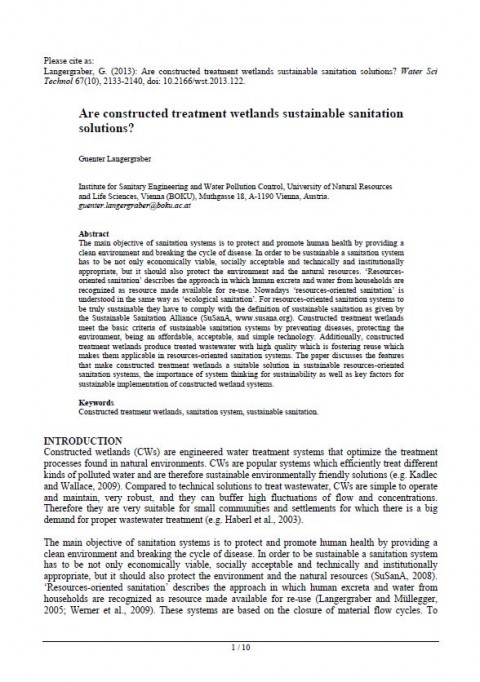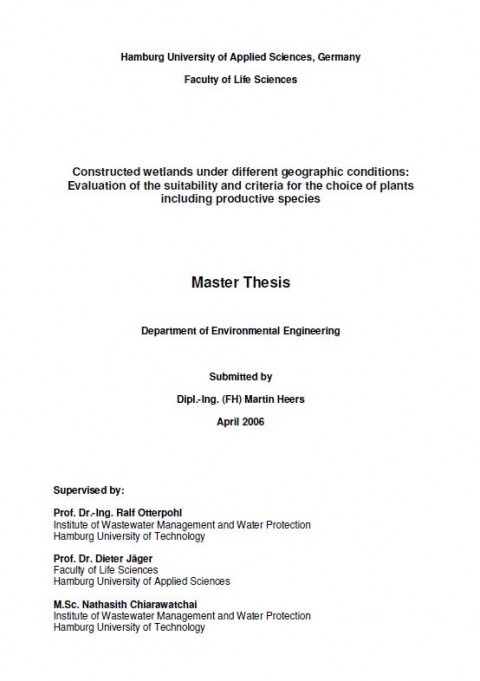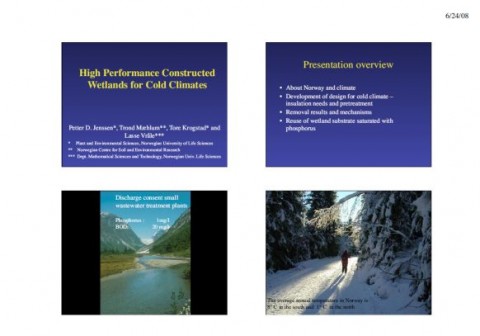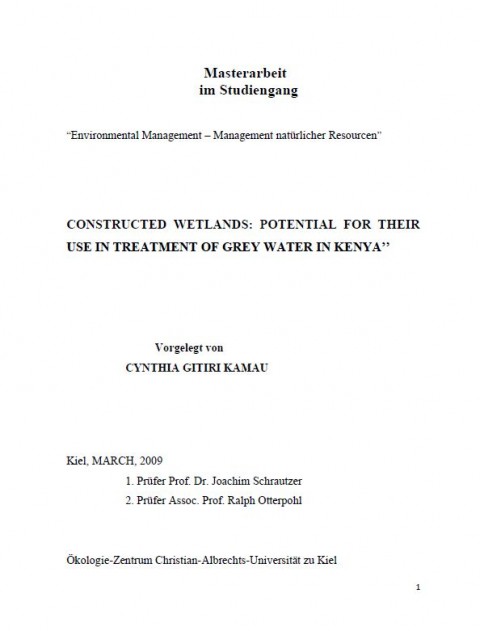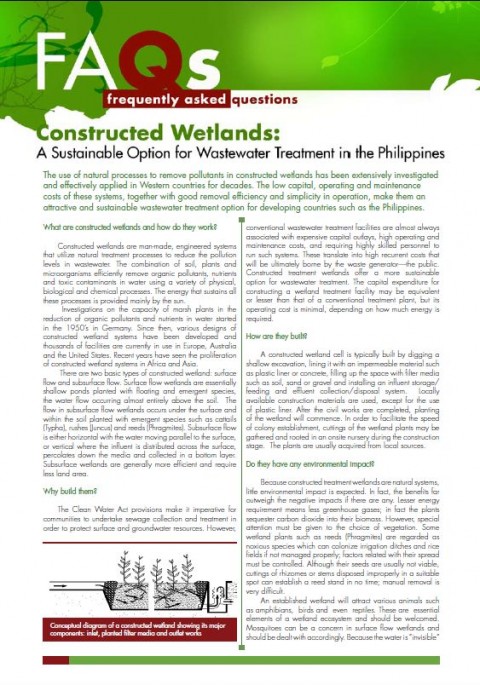Arup and Oxfam (2019) Faecal Sludge Management for Disaster Relief Technology Comparison Study
On behalf of Oxfam, Arup have conducted a technical comparison study on Faecal Sludge Management at the Rohingya camps close to Cox's Bazar (CXB), Bangladesh. The aim of the study is to draw conclusions on best practice FSM for disaster relief, from evidence gathered through practical experience. The study used existing available data to inform the analysis and in many cases these datasets are limited. […]
Browder, G., Ozment, S., Rehberger Bescos, I., Gartner, T., Lange, G.-M. (2019) Integrating Green and Gray Creating Next Generation Infrastructure
A new generation of infrastructure projects that harness the power of nature can help achieve development goals, including water security and climate resilience. In this report from the World Bank and World Resources Institute, both organizations are calling for green infrastructure, such as mangroves and wetlands, to play a bigger role in traditional infrastructure planning. Integrating nature into mainstream infrastructure systems can produce lower cost […]
Dotro G., Langergraber G., Nivala J., Puigagut J., Stein O.R., Von Sperling, M. (2017) Biological Wastewater Treatment Series Treatment Wetlands
Treatment wetlands are natural treatment technologies that efficiently treat many different types of polluted water. Treatment wetlands are engineered systems designed to optimise processes found in natural environments and are therefore considered environmentally friendly and sustainable options for wastewater treatment. Compared to other wastewater treatment technologies, treatment wetlands have low operation and maintenance (O&M) requirements and are robust in that performance is less susceptible to […]
Kayombo, S., Mbwette, T. S. A., Katima, J. H. Y., Ladegaard, N., Jorgensen, S. E. (2004) Waste Stabilization Ponds and Constructed Wetlands Design Manual
This manual provides comprehensive technical information about the planning, design, construction and operation of WSPs and CWs for a wide range of applications. To understand and design WSPs and CWs requires the involvement of expertise in a variety of fields, including chemistry, hydrology, soil science, plant biology, natural resources, environmental management, ecology, environmental engineering, surveying, and project management.
Abdul Razzaq Al Turkmani (2009) Lecture in Constructed Wetlands (in Arabic)
Ministry of Regional Development and Construction, et.al (2016) Code of Practice on construction and operation of ecosan toilets and constructed wetlands Towards improved - sustainable - sanitation for rural women, men and children
National technical standards on ecosan toilets and constructed wetlands initiated by WECF for the Republic of Moldova.
Mamani Casilla, G. H. (2014) Sludge Treatment Wetland (STW) as a Post-Treatment for Toilet-Linked Biogas Plant A pilot-scale case study in Gujarat, India
Since 1900's, anaerobic biogas digester had been applied successfully in Asian countries like India, Nepal and China, treating cow manure, pig excreta, organic waste or a combination of them, providing not only biogas, which is used as source of energy, but also slurry used as soil conditioner. During last 20 years in India, different government and private institutions promoted the use of toilet linked biogas plants […]
Various authors (2015) 3rd International Faecal Sludge Management Conference 2015 Hanoi, Vietnam
The Third International Faecal Sludge Management Conference was held in Hanoi from the 18th to the 21st of January 2015. More than 700 delegates from around the world shared ideas and discussed challenges and opportunities in on-site sanitation. Below you find the list of papers in chronological order by day (Day 1-3) and room (room 1-3 ). In order to search by author, simply press "Ctrl+F" […]
Hill, B. G. (2013) An evaluation of waterless human waste management systems at North American public remote sites
The absence of sewers and roads at backcountry sites makes the management of human excreta offensive, intensive, and expensive. Proper management is essential in order to prevent deleterious pathogen and nutrient discharge. The dearth of resources, vague certification standards, absence of monitoring, and erroneous popular perception have caused misapplication of systems and mismanagement of end products. Elevated environmental impacts, human health risks, and management costs […]
Fonder, N. (2010) Hydraulic and removal efficiencies of horizontal flow treatment wetlands
Various authors (2014) Presentations and documents on the topic of constructed wetlands (CWs), anaerobic baffled reactors (ABRs) and DEWATS (in English, French and German)
Langergraber, G. (2013) Are constructed treatment wetlands sustainable sanitation solutions?
Muellegger, E., Langergraber, G., Lechner, M., EcoSan Club (eds.) (2012) Treatment wetlands
Ayesha, J. (2012) Wastewater treatment in flood affected areas using constructed wetlands, Nowshera, Pakistan (draft) Case study of sustainable sanitation projects
Jenssen, P., Krogstad, T., Vråle, L. and Mæhlum, T. (2008) High performance constructed wetlands for cold climates
Kamau, C. (2009) Constructed wetlands: potential for their use in treatment of grey water in Kenya MSc thesis
Kuchta, H., Sarana, P. (2008) FAQs constructed wetlands
